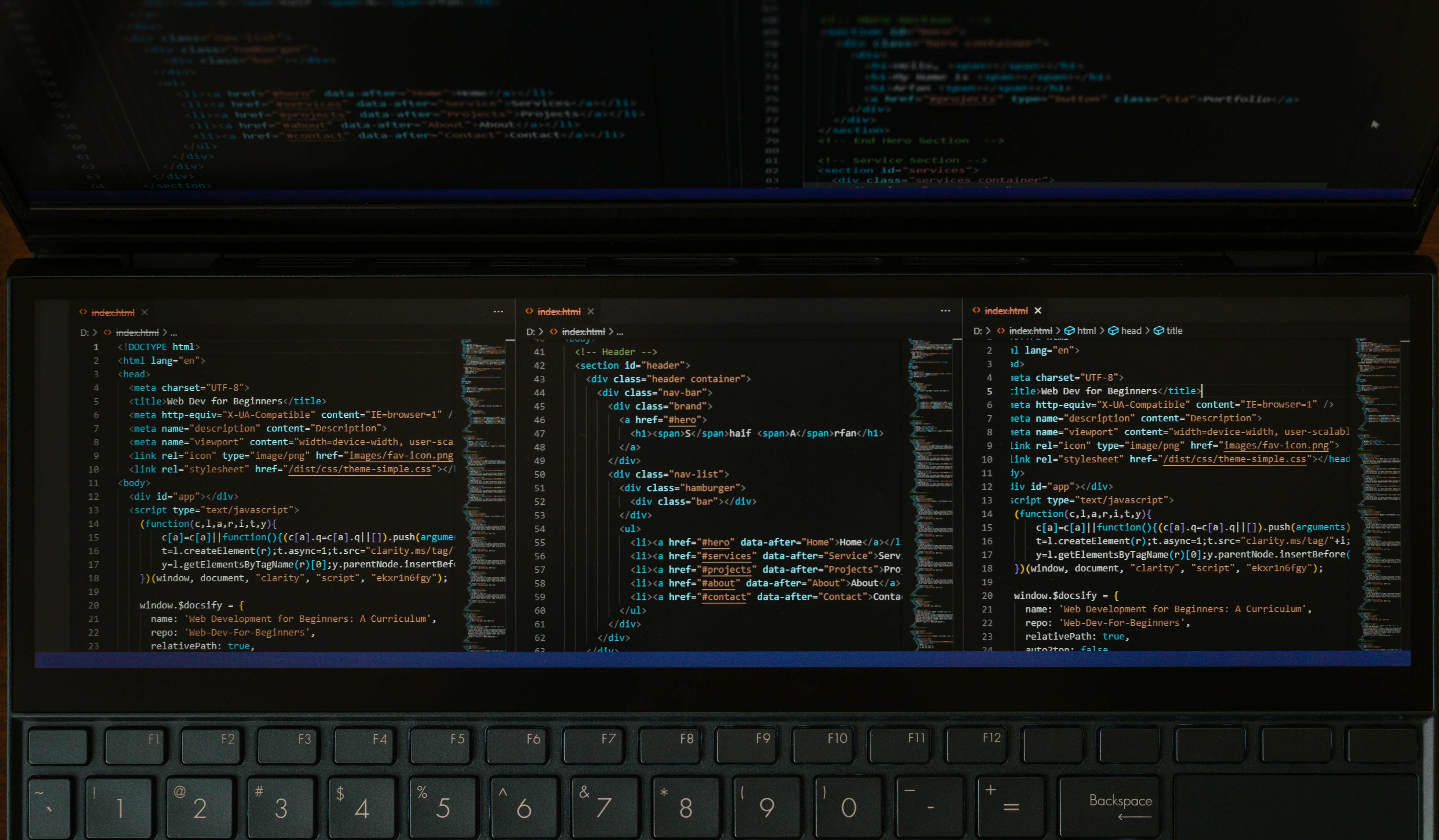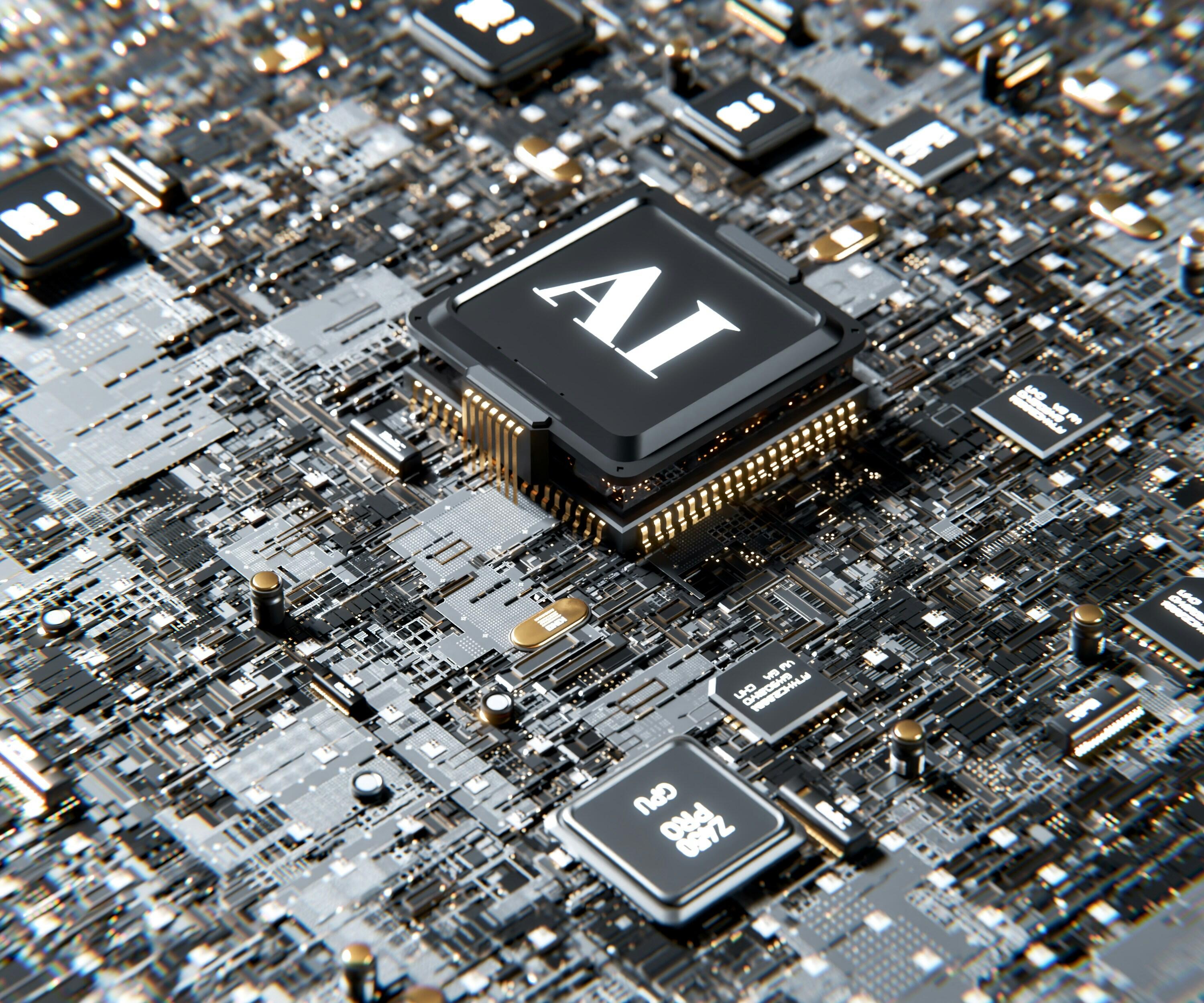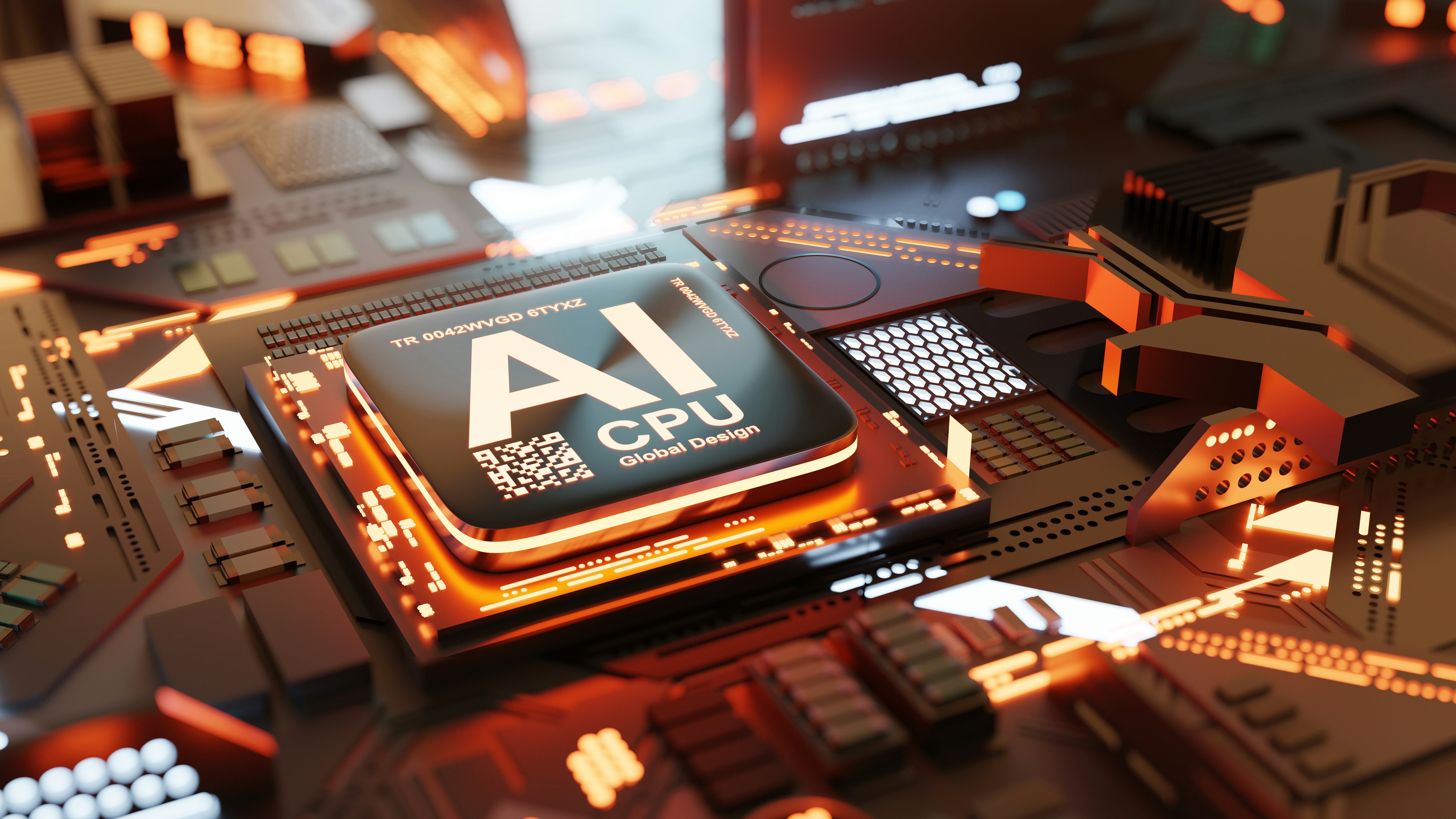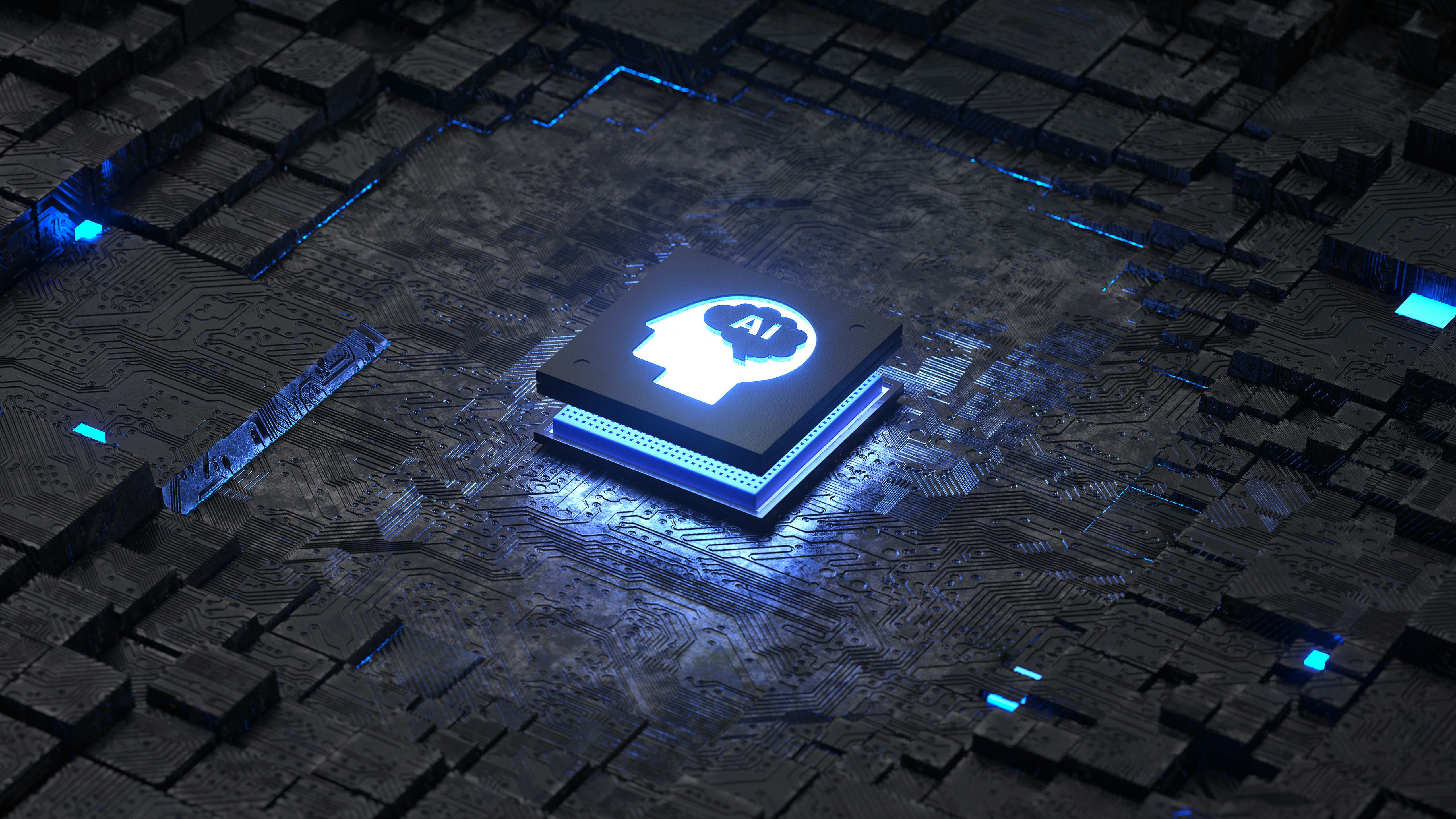
How to Build an AI Team for Business Success
08 Apr, 20258 minutes 38 secondsBuilding an AI team for business success involves more than simply hiring smart engineers or...

Building an AI team for business success involves more than simply hiring smart engineers or tech experts. It’s about assembling a unit where every role contributes to achieving your company’s AI goals. The question is, how do you navigate this? Here’s what you need to know about the core AI jobs for your team, how to structure the team based on your company’s needs, and how to handle potential challenges that can arise when piecing it all together.
Now’s the time to rethink how you approach the AI hiring process to ensure your team is set up for both immediate wins and long-term growth. Whether you’re just getting started or looking to refine your current team, this guide will explain how to build an AI team that delivers results.
Key AI Jobs for Your Team
If you want to know how to build an AI team that’s effective, it’s important to understand that a strong team is all about turning ideas into results. Each role, from engineers to project managers, plays a vital part in driving innovation and achieving business success.
Here’s a snapshot of the key positions that power AI initiatives:
AI Engineers
Essentially, AI engineers are the experts who bring your tech ideas to life. They create and build machine learning systems that can transform how your business operates. Without them, even the best ideas would go unnoticed. They ensure that systems work smoothly, scale effectively, and deliver the results you need to stay competitive. Having an AI engineer on your team means innovation becomes a part of your company.
Average Salary: $135,000 per year.
Data Scientists
Data scientists turn data into valuable insights. They analyze large volumes of information to find patterns and trends that help guide your business decisions. They make data work for you, helping you identify new opportunities, solve problems, and stay ahead of the competition. With a data scientist on your team, you’ll make smarter, data-driven decisions that will ultimately benefit the success of your business.
Average Salary: $119,000 per year
Machine Learning Specialists
Machine learning specialists are key to creating systems that improve over time. They design models that learn from data, meaning your business can adapt to new challenges without needing constant updates. This makes your systems more efficient and future-proof. Having a machine learning specialist on your team means you're prepared for tomorrow’s challenges today.
Average Salary: $137,000 per year.
AI Project Managers
AI project managers are the ones who keep everything running smoothly. They ensure that all the moving parts of an AI project come together on time and meet business goals. They close the gap between the technical team and business needs, making sure everyone is aligned and focused. With an AI project manager, your team stays organized and ensures that your AI projects are successful and deliver value.
Average Salary: $102,682 a year
Structuring Your AI Team Based on Company Size and Goals
Your AI team structure largely depends on your company’s size, industry, and ambitions. Here’s a closer look at how to build an AI team based on your business stage and the strategies you can consider based on your specific needs:
For Startups and Small Businesses
If you’re running a startup, chances are you’re working with a tight budget. Thankfully, you don’t need a huge team to make an impact. Your AI team structure can begin small, focusing on multi-skilled individuals. Consider investing in a core team of adaptable learners who can grow as your company scales. For instance, hiring one experienced data scientist paired with an AI engineer who also understands ML could cover the basics.
Key Takeaways:
- Start with a small, adaptable team to manage costs effectively.
- Hire multi-skilled professionals who can handle multiple responsibilities.
- A single data scientist and an AI engineer with ML expertise can cover essential needs.
- Focus on growing your team as your business scales.
For Medium-Sized Companies
At this stage, you may only focus on efficiency and scalability. One way to ensure success is organizing your team into specialized AI jobs, such as separate data scientists, ML specialists, and project managers. With growing interest in AI services, medium-sized businesses often benefit from adding more experts to the mix for smoother team collaboration.
Key Takeaways:
- Prioritize efficiency and scalability in your AI team structure.
- Divide responsibilities into specialized roles like data scientists, ML specialists, and project managers.
- Invest in hiring more experts to improve collaboration and team output.
- Focus on building a team structure that is ready for increasing demand in AI applications.
For Enterprises
Larger organizations with significant resources should pour their efforts into assembling dedicated AI teams for specific projects. This might include multiple teams working on different verticals (e.g., HR automation, customer personalization, logistics optimization). Having the resources enables you to hire specialists across all AI fields, providing room for groundbreaking innovation.
The key question is, what does this mean for you? This means that your hiring and AI staffing strategy should reflect your organizational needs. Your next hire could shape not just your AI projects but the future success of your company.
Key Takeaways:
- Use resources to build dedicated AI teams tailored to specific projects.
- Create specialized teams for verticals like HR automation and logistics optimization.
- Invest in hiring experts across all AI domains to build innovation.
- Build scalable, innovative AI structures that drive organizational growth.
Overcoming Challenges in Building an AI Team
Putting together a high-performing AI team can be challenging. The talent gap, misaligned goals, and high costs are just some of the barriers businesses face.
Here’s a closer look at these challenges and strategies for managing them head-on:
1. Shortage of Qualified Candidates
The demand for skilled AI professionals is growing faster than the number of qualified candidates available. AI skills are expected to increase employment by 27.9% by 2026. Since AI is still developing, even a strong team of experts may not be enough to meet global demand. Businesses need a clear strategy to hire the right people and set them up for success.
Even with major advances in artificial intelligence, 54% of business leaders say they struggle to find enough skilled workers to fully adopt AI.
This imbalance makes te AI hiring process competitive, leaving companies competing with one another. Smaller businesses often feel the effects even more, as they lack the resources of larger businesses.
What steps can you take to resolve this?
- Partner with AI Recruitment Agencies: Work with specialist firms that have access to exclusive talent pools. They can help you find the right candidates faster and with less effort.
- Focus on Upskilling: Provide internal training programs for your team. This approach helps bridge the talent gap by turning current employees into AI specialists.
- Expand Globally: Consider hiring remote talent from international markets to access a broader pool of professionals.
- Use AI-powered Hiring Tools: Use advanced tools to identify promising candidates based on their skills and potential, saving time on manual searches.
For more information on the key skills you should look for in AI candidates, discover our insightful guide - What Skills to Look for When Hiring an AI Engineer.
2. Aligning Team Goals with Business Goals
AI teams often become overly focused on solving technical problems without considering whether their outcomes align with broader business goals. This can create a disconnect that wastes time, money, and energy. Cross-team miscommunication is a common cause of this issue.
What approach will help you solve this?
- Host Regular Cross-Functional Meetings: Bring technical and business teams together frequently to align on objectives and priorities.
- Establish a Governance Framework: Create decision-making and accountability structures within your organization to ensure everyone is on the same page.
- Hire AI Project Managers: Look for managers who understand both the technical and business sides of AI to act as connectors between teams.
- Promote Ongoing Transparency: Share clear progress reports and tie AI results to measurable business outcomes like revenue growth or improved efficiency.
3. High Costs of Staffing and Retention
Finding and retaining qualified AI talent can be expensive. With salaries for candidates on the rise, many companies struggle to balance the expense of hiring with their ROI.
How should you address this?
- Outsource Recruitment: Trust specialist AI staffing agencies to handle the AI hiring process. They can help you identify candidates who fit both your budget and your company culture.
- Offer Unique Benefits: Go beyond salary by offering perks like professional development opportunities, a flexible schedule, or performance-based incentives.
- Strengthen Your Culture: Build a workplace that builds innovation, collaboration, and employee satisfaction to make employees want to stay long-term.
- Develop an Internal Pipeline: Train and promote from within, particularly for junior positions, to cut external hiring costs and build loyalty.

How Specialist AI Staffing Agencies Streamline Hiring
Staffing agencies like us with an AI focus bring valuable services and resources to the table, simplifying the AI hiring process for businesses.
Here’s how an AI staffing agency like us can help:
- Access to Talent Pools: Tap into networks of qualified AI professionals that you might not find through traditional recruiting.
- Aligning Technical and Cultural Fit: Agencies ensure candidates not only meet the technical requirements but also complement your company’s culture and mission.
- Quicker AI Hiring Process: Reduce time-to-hire by relying on their experience in identifying and shortlisting the best candidates.
- Effective Negotiations: Consultants set realistic salary expectations and are able to navigate complex contract terms.
Key Takeaways: How to Build an AI Team
Building an AI team means bringing together experts who drive real impact. AI engineers, data scientists, and project managers each play a role in turning ideas into real solutions that push your business forward. A well-structured team ensures AI works for your goals, not just as a tool but as a strategic advantage.
The size of your company shapes how your AI team should be built. A smaller business can start with professionals who wear multiple hats, while larger companies benefit from specialists focused on specific AI functions. Planning your team wisely helps you make the most of your resources while staying ready for future growth.
Challenges like finding the right talent or aligning AI initiatives with business goals can slow progress. Working with recruiters, investing in employee training, and building strong collaboration can help overcome these obstacles.
Need Help Building an AI Team That Delivers Results?
Ready to transform your business with AI? Building a successful AI team requires the right talent and strategy. We understand the complexities of AI staffing and offer tailored solutions to help you build a team that drives innovation and achieves your business goals.
Contact us today to find out how we can help you build the AI team of your future.






